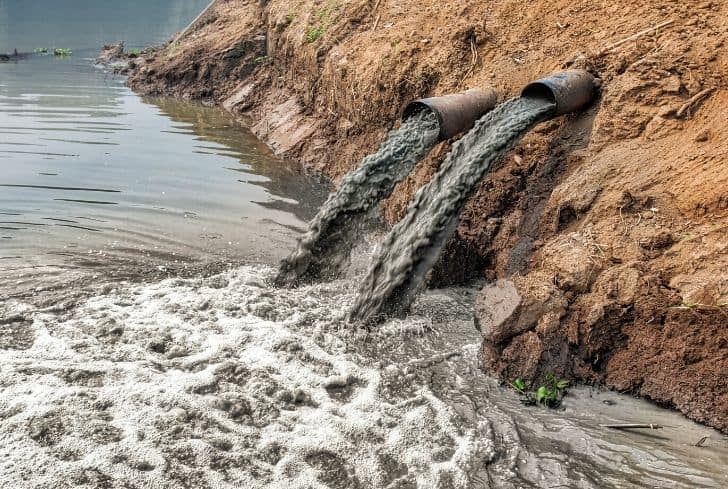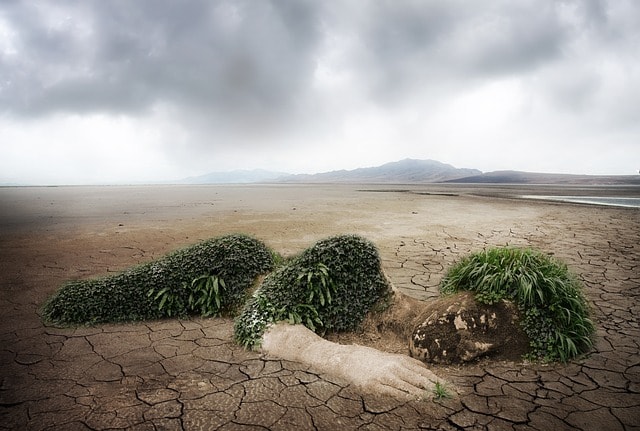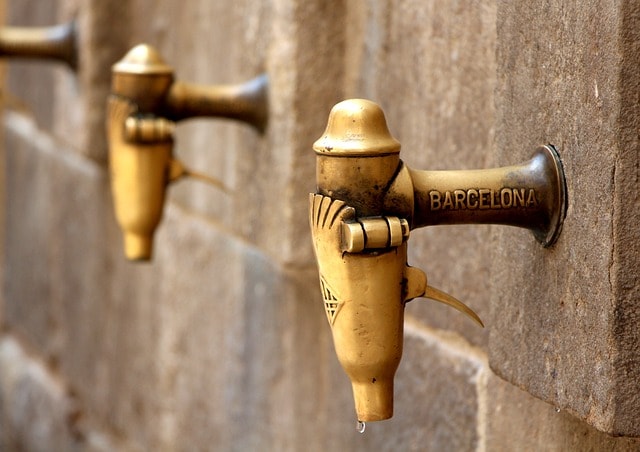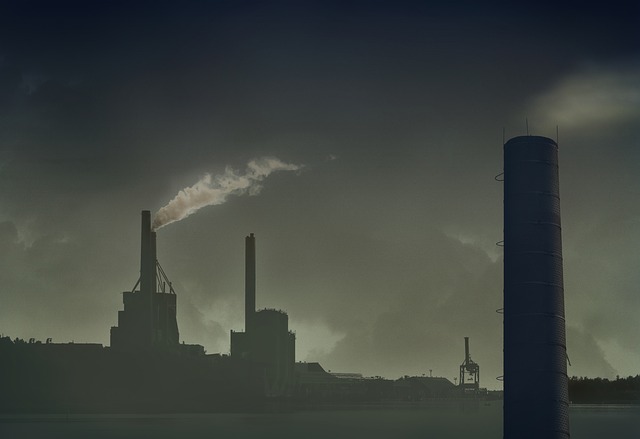Terrible Effects of Agricultural Pollution
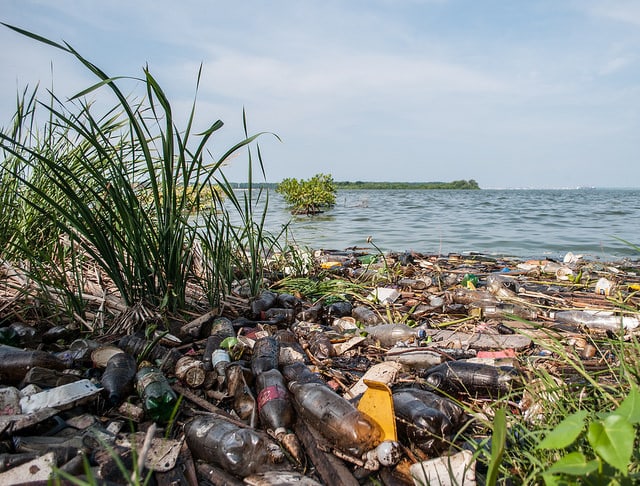
Agricultural pollution scores the highest when it comes to water quality impacts to lakes, rivers, streams and oceans. The fertilizers, pesticides, manure, herbicides and other agrochemicals have given rise to widespread contamination of waterways and ground waters, in turn affecting plants, wildlife, humans, and animals.
High levels of poison degrade waters, and the chemical nutrients deplete dissolved oxygen, killing aquatic life and fish. Several human health problems and premature deaths are linked to agricultural pollution. Pesticides, ammonia, heavy metals, fertilizers, and oils from farms and farm machinery destroy and kill animals, aquatic life, and health problems when they enter drinking water.
Here are the elaborate effects of agricultural pollution.
- Health Problems
Pesticides, ammonia, heavy metals, fertilizers, and oils from farms and farm machinery pose serious health problems when they enter drinking water. When humans consume the contaminated water, they directly absorb the harmful substances in their systems which can result in dire health problems or even premature death. Sources have verified that intake of nitrates from the contaminated water causes blue baby syndrome which leads to infant fatalities.
Other harmful chemicals such as heavy metals can impair vital body organs, the immune system, and can destroy the nervous system. Parasites and bacteria from farm waste may also contaminate water, contributing to diseases and fatality.
- Can Reduce Long-term Agricultural Yields
Pesticides and herbicides combined with other agrochemicals are continually used to control invasive pests, weeds, and diseases or in other farm operations. However, many farmers don’t realize the long-term effects of consistently using these toxic chemicals. Since they remain in the soil for years, they have the potential of contaminating waters and plants and kills soil microorganisms as well as beneficial insects.
In this sense, the soil fertility, produce quality, and ecological balance is impacted which can in the long-term reduce the overall agricultural yields. Perhaps, it is the reason farmers are moving back to traditional manures and organic farming methods.
- Effect on Aquatic Life
Since agricultural pollution mainly impacts water systems and ground water, aquatic life forms are severely affected. The agrochemicals, pesticides, and fertilizers can be absorbed by the aquatic life forms affecting their health and reproductive cycles. High levels of nitrogen and phosphorus from fertilizers, manure and animal waste in surface waters give rise to eutrophication which depletes dissolved oxygen, killing fish and other aquatic life. Other chemical compounds such as heavy metals and ammonia can potentially harm aquatic life and kill fish.
- Eutrophication
Increased levels of chemical nutrients in aquatic systems, nitrogen and phosphorus, from manure and fertilizers give rise to eutrophication when washed into nearby surface waters by rain or irrigation. Eutrophication is the dense growth of plant life and algae on the water surface and mainly leads to high incidences of algal blooms.
Eutrophication extensively depletes dissolved oxygen which can kill fish and other aquatic biota. It is also linked to increased incidence of paralytic shellfish poisoning in humans, leading to death.
- Soil Pollution and Depletion of Soil Fertility
Chemical pesticides, herbicides and agrochemicals used to control pests, diseases and weeds normally contaminate the soil and can persist for years. As a result, it gradually alters the soil microbial activities and soil chemistry, depleting soil fertility by killing soil microorganisms. Reports determine that millions of fertile soils are lost annually because of the use of synthetic fertilizers, pesticides, and herbicides combined with other farm practices.
- Water Pollution
Agricultural operations and practices such as inappropriate water management and irrigation mainly lead to water pollution from surface run-off, both to surface and ground water. The use of fertilizers, pesticides, manure, herbicides and other agrochemicals lead to widespread contamination of waterways and ground waters and depreciate water quality. Soil erosion and sedimentation equally contaminates the water, makes it dirty, and increases its turbidity. In turn, plants, wildlife, humans, animals and aquatic life are negatively affected.
- Air Pollution
Livestock and fertilized soils can be considerable sources of gaseous emissions. Carbon and nitrogen-based compounds such as nitrogen oxides and ammonia qualify as potential greenhouse gases. Farm tillage, harvesting, and other farm activities that involve mechanical operations like the use of tractors or harvesters among other farm machinery significantly contribute to greenhouse gas emissions by combusting fossil fuel. Additionally, some soil biochemical processes naturally emit numerous greenhouse gasses.
- Destroys Biodiversity
The persistent use of chemical products in agricultural production degrades and destroys the soils, animals, plants, waters, and wildlife, gradually altering the ecosystems which support biodiversity. Furthermore, pesticides can kill beneficial insects, soil microorganisms, birds and some rare small species like butterflies which have far-reaching effects on biodiversity. Since these chemicals remain in the soils for many years, the repercussions to biodiversity are massive.

